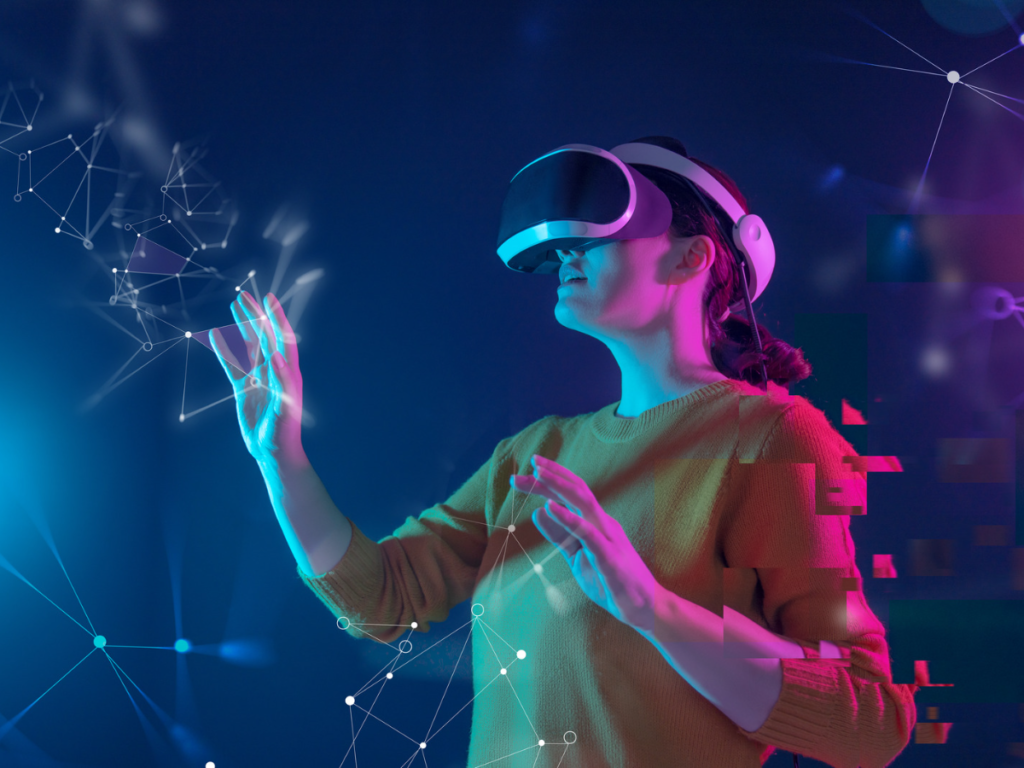Discover how business interest in Web 3.0 and extended reality (XR) has increased in Italy, focusing on the 231 active XR projects reported by the Politecnico di Milano since 2020.
In Italy, corporate interest in Web 3.0 has skyrocketed, with extended reality (XR) initiatives receiving special attention.
Since 2020, the Bel Paese has been home to as many as 231 active XR projects, according to the Politecnico di Milano.
231 Extended Reality (XR) initiatives for Web 3.0 in Italy as of the present
The interest of businesses in Web 3.0 has skyrocketed in Italy, according to reports from the Polytechnic’s Augmented Reality & Metaverse Observatory’s initial investigation.
At the conference “Extended reality: the metaverse takes shape,” it was disclosed that as many as 231 new XR (or extended reality) initiatives have been born in the Bel Paese since 2020.
Since it is believed that the true metaverse has not yet been fully defined, these have been given this designation.
There are 212 separate virtual worlds, however they cannot be referred to as the “metaverse” because they are not yet interoperable with one another. Currently, 445 initiatives are underway globally in a variety of fields, with tests focusing primarily on retail (37%) and entertainment (27%).
Marta Valsecchi, the director of the Augmented Reality & Metaverse Observatory, stated the following in this regard:
The metaverse represents the next big evolution of online interaction, through interconnected virtual spaces where users interact through avatars.
However, a digital universe does not yet exist today: there are currently several worlds populated by hundreds of millions of users globally, but without full interoperability between them.
Although the metaverse is not yet fully realized, in the last two years companies have shown strong interest, testing their entry into virtual worlds to understand the business opportunities both in the relationship with consumers and other companies and in supporting their employees.
There is a demand for interoperability in the metaverse according to Web 3.0 in Italy
The seminar emphasized the significance of the various technologies’ interoperability when developing various projects or virtual worlds.
Director of the Augmented Reality & Metaverse Observatory Valeria Portale spoke on this topic as follows:
To shape the metaverse, making it an increasingly complete, immersive reality capable of creating value for all actors will need the collaboration of developers, companies, institutions and even users.
It will require defining shared standards to make virtual worlds interoperable through Web3 and blockchain technologies, improving the user experience of both virtual worlds (in terms of graphical quality, fluidity of movement and mode of interaction between users) and access devices, developing regulation on data collection and privacy, which is totally absent today, and, last but not least, populating the different worlds, getting users used to using this new mode of browsing frequently and empowering them to enjoy valuable content, services and experiences.
Despite Italian business interest, these worlds must be brought together.
Fortnite and Minecraft make up over half of the 1.4 million Italians who use virtual worlds. Gaming and socialization dominate these realms.
Italy bans ChatGPT
Web 3.0 is developing in Italy, while Artificial Intelligence (AI) is at a standstill. Indeed, Italy declared its opposition to ChatGPT at the end of March.
In essence, the chatbot was barred by the Privacy Guarantor because it did not adhere to Italian privacy laws.
The US business OpenAI, which created and runs ChatGPT, was given a temporary ban on processing data from Italian users.












